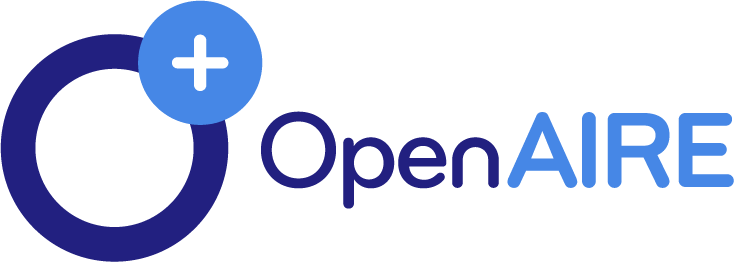DIDACTIC CONDITIONS OF ICT USE IN THE INCLUSIVE ENVIRONMENT OF GENERAL SECONDARY EDUCATION INSTITUTIONS
DOI:
https://doi.org/10.28925/2414-0325.2021.115Keywords:
inclusive educational environment, information and communications technologies, inclusive education, children with special educational needs, distance educationAbstract
The article highlights the concept of inclusive educational environment, describes its features and relevance of active use of distance learning in an inclusive educational environment of general secondary education. The main didactic conditions for the introduction of information and communication technologies in the inclusive educational process are the use of various educational approaches taking into account the individual characteristics of students, their temperament, ability to learn materials and the availability of logistics. Based on the study of advanced pedagogical experience and generalization of scientific and pedagogical works the basic actual ICT, for the organization of educational process in the inclusive environment are allocated. The use of ICT as a means of supporting inclusive education for compensatory, communication and didactic purposes is described. The main types of ICT that should be used as a means of supporting inclusive education are revealed. An overview of modern ICT tools that should be used in an inclusive environment for didactic purposes and describes their functionality as specially designed software for educational purposes. The focus is on distance education of children with special educational needs, interactive educational environment - "Virtual Classroom", a free project of the Ministry of Education and Science of Ukraine "All-Ukrainian School Online" and All-Ukrainian Free School Educational Network "Diary.ua". It is established that the introduction of ICT in an inclusive educational environment as a didactic tool diversifies and expands the range of traditional tools and resources, provides children with special educational needs to have free access to quality education, social adaptation and confidence, especially in the pandemic era. and quarantine restrictions. It is indicated that a promising direction to continue research on the outlined problem is the creation and adaptation of software and methodological complexes of distance learning for people with disabilities.
Downloads
References
Саламанкская декларация и рамки действий по образованию лиц с особыми потребностями, принятые Всемирной конференцией по образованию лиц с особыми потребностями: доступ и качество 7–10 июня, 1994. URL: http://unesdoc.unesco.org/images/0009/000984/098427rb.pdf (дата звернення: 4.08.2020).
Закон України «Про освіту» від 05.09.2017 № 2145-VIII URL: https://zakon.rada.gov.ua/laws/show/2053-19#Text (дата звернення: 4.08.2020).
Заярнюк О.В. Інклюзивна освіта в Україні: проблеми та шляхи їх вирішення. Науковий вісник Міжнародного гуманітарного університету. 2015. Вип.11. С. 190-193. URL: http://www.irbis-nbuv.gov.ua/cgi-bin/irbis_nbuv/cgiirbis_64.exe?I21DBN=LINK&P21DBN=UJRN&Z21ID=&S21REF=10&S21CNR=20&S21STN=1&S21FMT=ASP_meta&C21COM=S&2_S21P03=FILA=&2_S21STR=Nvmgu_eim_2015_11_45
Гета А. В., Заіка В. М., Коваленко В. В. Сучасні засоби ІКТ підтримки інклюзивного навчання : навчальний посібник. Полтава : ПУЕТ, 2018. 261 с.
Носенко Ю. Г. Деякі аспекти впровадження засобів ІКТ в інклюзивну освіту. Наукова молодь-2014: матеріали ІІ всеукр. наук.-практ. конф., Київ, 2014. С. 54-56.
Спірін, О. М., Колос, К. Р. Технологія організації масового дистанційного навчання учнів в умовах карантину на базі Moodle. Інформаційні технології і засоби навчання. 2020. №79(5), С. 29–58. URL: https://doi.org/10.33407/itlt.v79i5.4090
Казачінер О.С., Вірич Ю.О. Інформаційно-освітній простір для навчання дітей з особливими освітніми потребами. 2018. 94 с.
Всеукраїнська школа онлайн URL: https://mon.gov.ua/ua/tag/vseukrayinska-shkola-onlajn (дата звернення: 4.08.2020).
Всеукраїнська безкоштовна освітня мережа «Щоденник.ua» URL: http://company.shodennik.ua/functions/groups-and-events/ (дата звернення: 4.08.2020).
Будник О. Б. Підготовка вчителя до розвитку цифрової грамотності учнів Нової української школи. Освітні обрії, 2020. №1(50). С. 140-145. URL: https://doi.org/10.15330/obrii.50.1.140-145










1.jpg)







